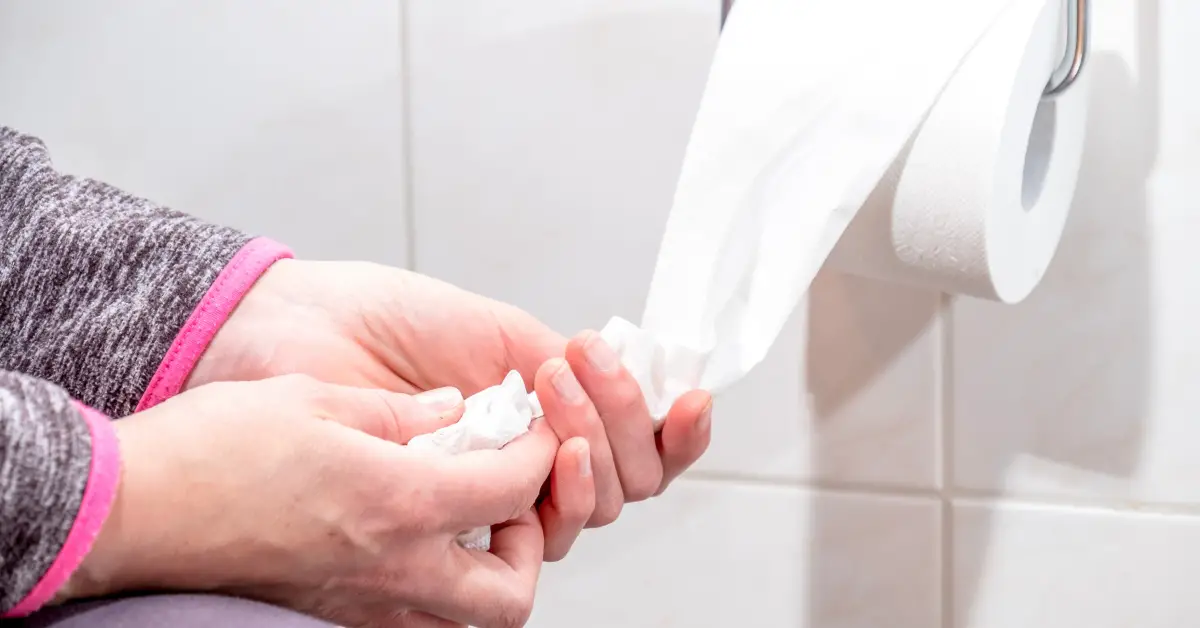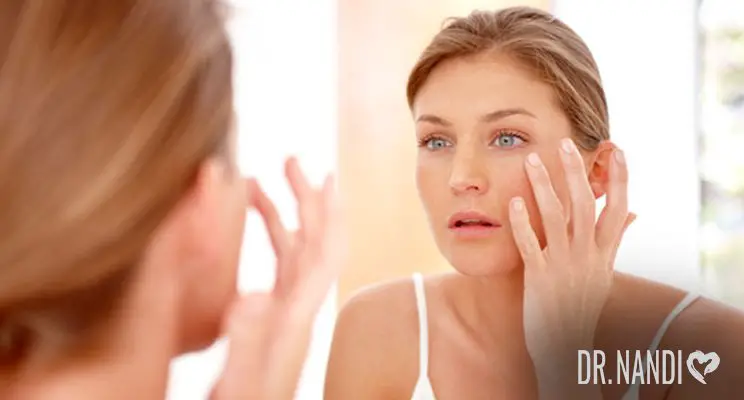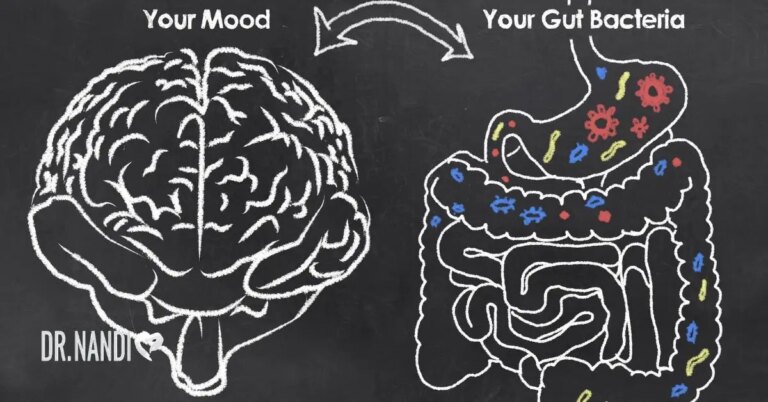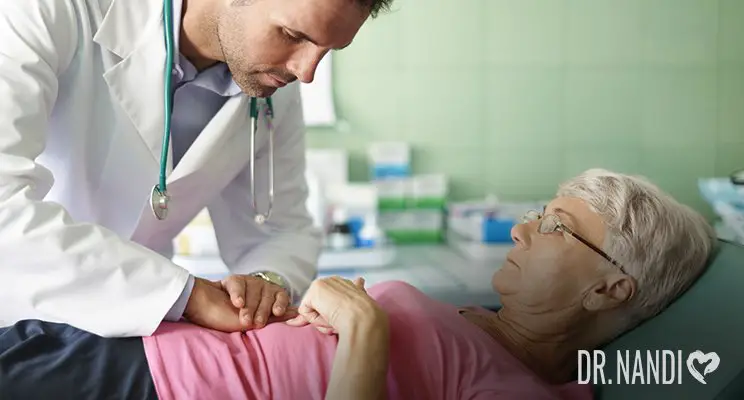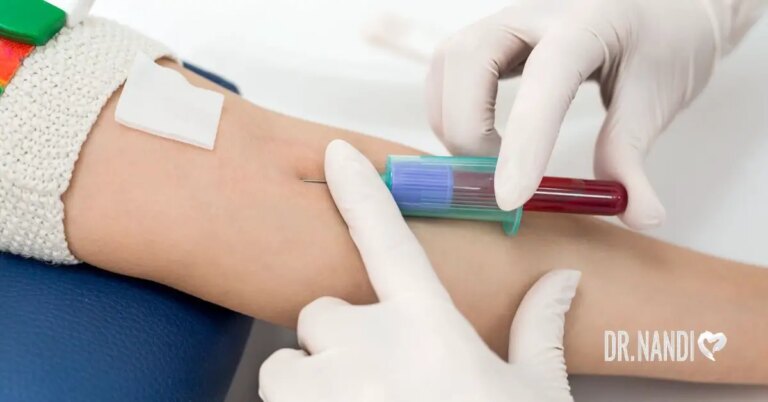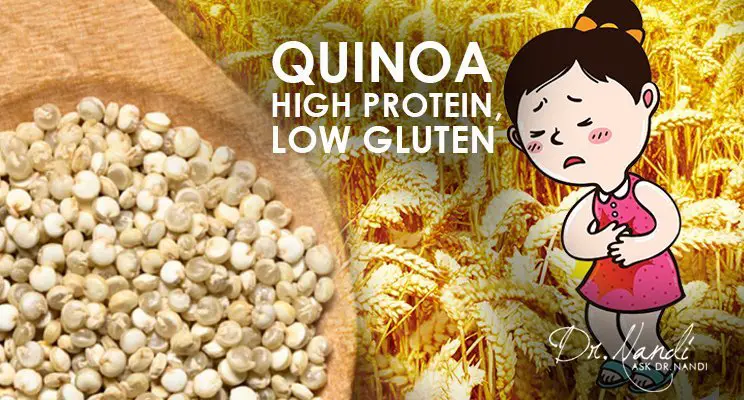Hemorrhoids, also known as piles, are when veins in your anus and rectum become swollen, similar to what causes varicose veins. Learn more about the causes and symptoms and treatments that may provide relief from discomfort.
Types of Hemorrhoids
There are three types of hemorrhoids:
- Internal hemorrhoid – located inside the rectum
- External hemorrhoid – located under the skin around the anus
- Thrombosed hemorrhoid – when a clot forms in a hemorrhoid
Symptoms of Hemorrhoids
In many cases, hemorrhoids don’t cause symptoms, and some people don’t even realize they have them. However, hemorrhoids can also cause pain, swelling, and discomfort.
Common Symptoms:
- Painless bleeding during bowel movements (there could be small amounts of bright red blood on the toilet tissue)
- Itching or irritation in the anal area
- Discomfort, pain, or soreness in the same area
- Lumps and swelling in the anal region
- A lump near your anus, sensitive or painful, could signify a thrombosed hemorrhoid, with blood pooled in the external hemorrhoid.
Who Is At Risk Of Developing Hemorrhoids?
Almost 75% of all people will experience hemorrhoids at some point in life. Pregnant women are more at risk of developing hemorrhoids than those who are obese. It is due to the extra weight putting pressure on the lower rectum, affecting blood flow and making the veins in this area swell. Those aged 45 to 65 are also more at risk of developing hemorrhoids. People who spend a lot of time standing up or sitting down are at greater risk of developing hemorrhoids.
Risk factors for developing hemorrhoids:
- Chronic diarrhea or constipation
- Sitting for long periods on the toilet.
- Straining to complete a bowel movement
- Low fiber diet
- Heavy lifting
- A family history of hemorrhoids
- Anal intercourse
Methods For Preventing Hemorrhoids
There are a few things you can do to help prevent hemorrhoids from occurring:
Drink lots of water
It helps keep the stool soft and easier to pass through the digestive system. Drinking plenty of water can also help with many other conditions and is generally a good life choice.
Eat more fiber
Fiber can absorb water, which allows the stools to stay soft and makes them easier to pass through the digestive system without straining. It’s also important to consume fiber when you have hemorrhoids. The less strained your bowel movements are, the more you can avoid worsening symptoms of existing hemorrhoids.
Eliminate when you need to
Don’t wait to go to the toilet. When your body tells you that you need to go, listen to it and don’t try to hold it in, as this can cause you to develop hemorrhoids.
Methods For Treating Hemorrhoids
Many people can get relief from symptoms with home treatments and lifestyle changes. Suggestions include:
Wear loose-fitting clothing
It can help ensure that the hemorrhoids are not irritated while trying to heal, either by sweat or physical irritation.
Try Heat
Sit in a warm bath to help alleviate the symptoms of hemorrhoids. A ‘sitz’ bath can also help.
Try Cold
Apply cold compresses or ice packs to your anus to help relieve some of the swellings. Be careful when ensuring that there is something between the ice pack and your skin to avoid further irritation.
Use topical treatments
Witch hazel or hydrocortisone creams can help alleviate the symptoms of hemorrhoids. Don’t use a cream with hydrocortisone for longer than a week unless advised by your doctor.
What To Avoid When You Have Hemorrhoids
Some things can make hemorrhoids worse or can even cause them. These include:
Laxatives
Don’t take laxatives because they can cause diarrhea that could irritate hemorrhoids.
Scratching
Whatever you do, do not scratch around your anus, even if the itching is almost unbearable. It will make the hemorrhoids worse, which will make the itching worse.
Hemorrhoids aren’t fun and can be uncomfortable, but it’s possible to manage and heal them. If you have any concerns or additional questions, always reach out to your doctor for further guidance.



